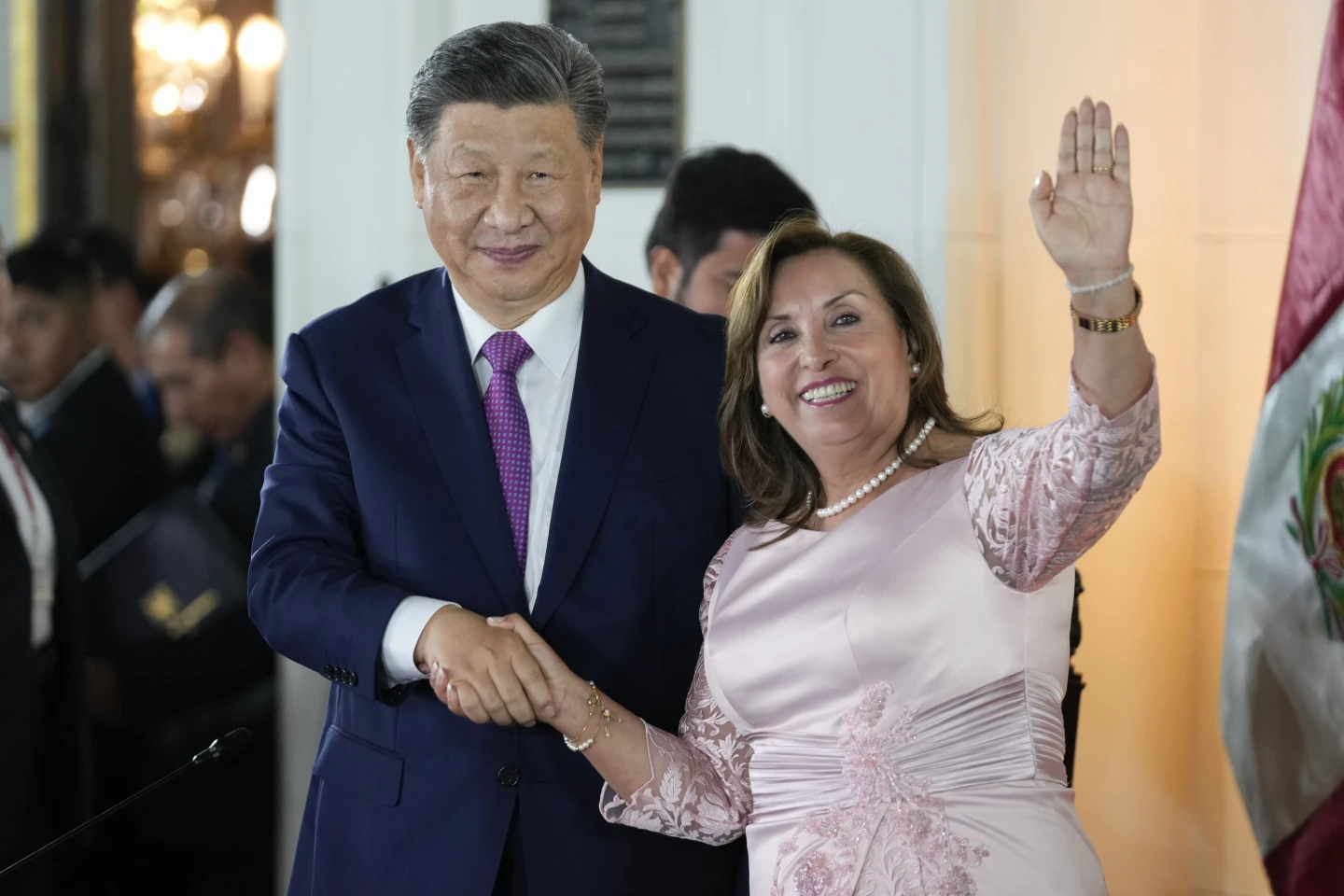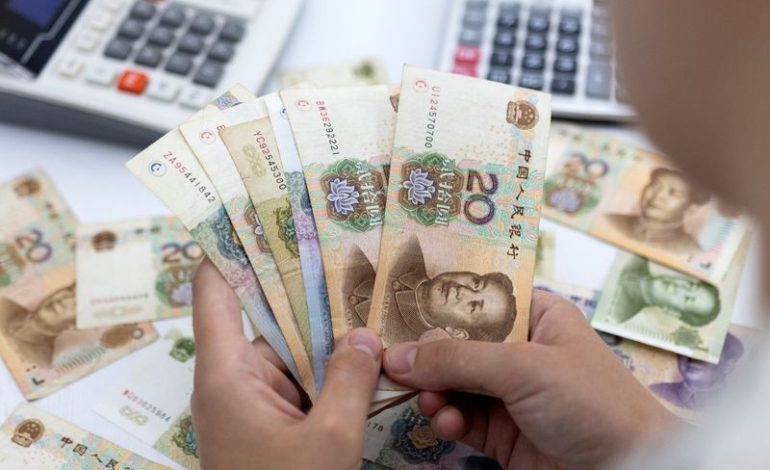China is considering injecting up to 1 trillion yuan ($142 billion) into its largest state-owned banks as part of a broader economic stimulus package, Bloomberg reports.
The capital boost, primarily funded through the issuance of special sovereign bonds, aims to enhance the banks’ ability to support the nation’s struggling economy, according to sources familiar with the plan.
This move, which has yet to be finalized, would mark the first significant capital infusion for China’s major banks since the 2008 global financial crisis. The country’s top six lenders, including Industrial & Commercial Bank of China (ICBC) and Bank of China, have been grappling with shrinking profit margins, rising bad debts, and mounting pressure from regulators to offer cheaper loans to high-risk borrowers, such as real estate developers and local government financing vehicles.
Despite having capital levels exceeding regulatory requirements, the banks are seeing their profitability erode. Recent efforts to bolster the economy, including mortgage rate reductions and key policy rate cuts, have further squeezed bank profits. In the first half of 2023, profits for China’s commercial lenders grew by just 0.4%, the slowest pace since 2020.
Li Yunze, the country’s top banking regulator, recently indicated that the government would take steps to strengthen the core capital reserves of China’s major banks, though no specific details were provided. Analysts suggest that if the capital injection is carried out through bond issuance, it could stabilize the banking sector as property prices continue to decline and ensure banks’ lending capacity remains intact.
The proposed injection comes at a time when the government is leveraging favorable conditions for borrowing, with ultra-long sovereign bond sales targeting a 30-year yield at a record low of 2.19%. This move follows a history of state interventions in China’s banking sector, with major bailouts occurring in the late 1990s and early 2000s to address non-performing loans.









